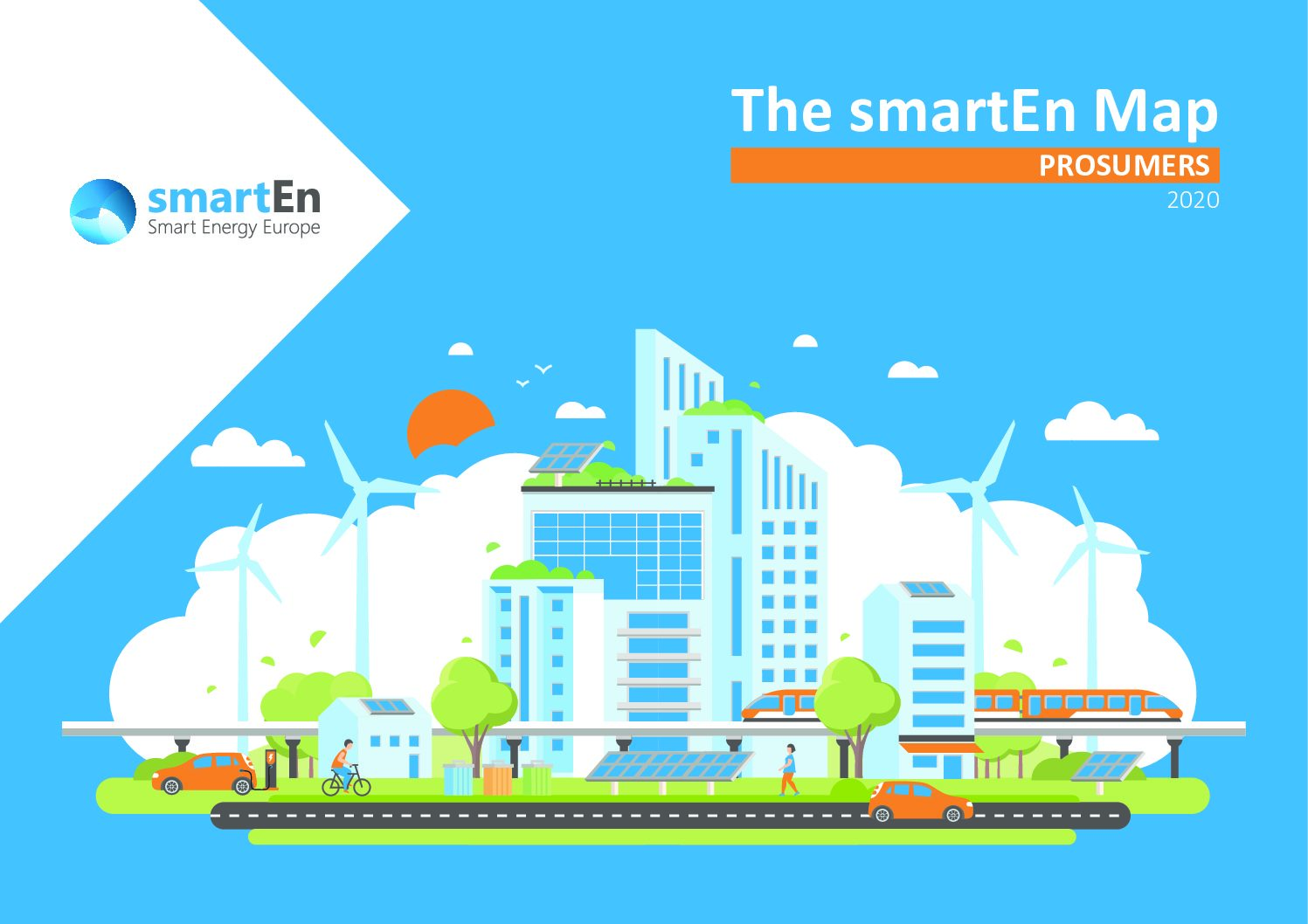
With the advent of decentralised renewable energy generation, storage, demand-side flexibility technologies and increasing electrification, the European energy transition has enabled the rising role of prosumers across Europe. Prosumers, or active energy customers, include households living in single houses or multiple-family buildings, commercial areas or office buildings, large energy intensive industries and everything in between, such as energy communities. The common ground is the decision to activate or invest in their own energy resources, be it through installing their own renewable energy or storage assets or making use of their demand response potentials.
The motives for energy users to become prosumers can be various, as presented in smartEn’s short study “Prosumers in the Lead”. Factors such as energy independence, reliability of supplies, and the wish to play an active role in driving the clean energy transition are some of these. However, their way of engagement typically depends on the regulatory context and energy market design that defines what is legally and economically possible. In a regulatory context defined by feed-in tariffs or net-metering for renewable energy generation, prosumers would typically invest in renewable energy assets and feed the power into the electricity system, without necessarily adjusting their own energy behaviour or interaction with their renewable energy source. In this situation, prosumers play an important role in the uptake of clean and decentralised energy technologies to drive the energy transition forward, while assuming that the management and balancing of the energy system is taken up by the energy market at large. neration with the purchase of power from the network, decreasing direct support for renewable energy, and incentives for storage or self-consumption, the focus for prosumers shifts from feeding electricity into the network towards optimising the self-consumption of generated electricity. Beyond the investment in clean generation technologies, this stage of prosumerism drives the uptake of storage and demand-side flexibility solutions necessary for the energy transition. It can also result in reduced impacts on the energy system, specifically by reducing peak energy consumption or injection.
Finally, in a context where prosumers have the possibility to monetise their energy and flexibility resources by an active participation in the energy market, they are encouraged not only to invest in clean energy resources and optimise their use on-site, but also to activate these resources to the benefit of the energy system at large. As such, prosumers become essential drivers of an inclusive energy system that is ready to cope with growing shares of variable renewable energy resources in the most cost-effective manner. The present smartEn Map sheds light on all the different dimensions of the regulatory conditions across European countries that determine the engagement options for prosumers. While every country has its own specificities, the report allows for an identification of barriers and good practice in the quest for a more efficient, cost-effective and clean energy system with energy users at its heart.
